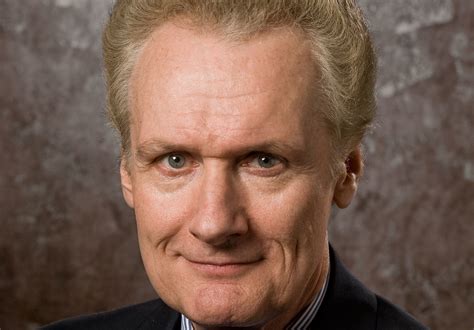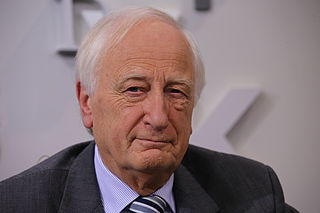Цитата Мохамеда Эль-Барадеи
Можно ожидать, что страны, считающие себя уязвимыми, попытаются устранить эту уязвимость, а в некоторых случаях они будут осуществлять тайные программы создания оружия.
Связанные цитаты
Мы знаем, что у иракского режима есть химическое и биологическое оружие. Его режим накопил большие тайные запасы химического оружия, включая VX, зарин, циклозарин и горчичный газ. Его режим накопил большие тайные запасы биологического оружия, включая токсины сибирской язвы и ботулизма, а также, возможно, оспу.
[T] обширная регулирующая структура, которую федеральное правительство создало во имя торговой власти, во многих случаях не может быть прекращена в одночасье, но притворство, что такие программы являются конституционными, может быть прекращено, даже если сами программы постепенно сворачиваются с течением времени. .
Мы должны отказаться от неработоспособного представления о том, что для некоторых стран предосудительно с моральной точки зрения разрабатывать оружие массового уничтожения, но морально приемлемо для других полагаться на него в целях обеспечения безопасности, и, более того, продолжать совершенствовать свои возможности и постулировать планы его применения.
Мы должны отказаться от неработоспособного представления о том, что для некоторых стран предосудительно с моральной точки зрения разрабатывать оружие массового уничтожения, но морально приемлемо для других полагаться на него в целях обеспечения безопасности и, более того, продолжать совершенствовать свои возможности и постулировать планы его применения.
Какая единственная провокация может привести к применению ядерного оружия? Ядерное оружие. Что является приоритетной целью для ядерного оружия? Ядерное оружие. Какова единственная установленная защита от ядерного оружия? Ядерное оружие. Как предотвратить применение ядерного оружия? Угрожая применить ядерное оружие. И мы не можем избавиться от ядерного оружия из-за ядерного оружия. Непримиримость, похоже, является функцией самого оружия.
Когда новообразованный средний класс в Китае начнет понимать свои интересы и откроет для себя ценность верховенства закона, существующая структура власти потеряет свою основу. Это процесс, который ни одно правительство не может остановить в долгосрочной перспективе. Это также относится к некоторым арабским странам с некоторыми ограничениями. Но мы должны быть терпеливы. В 1980-х годах никто не ожидал, что освободительное движение в Польше приведет к краху всего Восточного блока. Вот почему было бы огромной ошибкой полагать, что авторитарные системы неразрушимы.


































